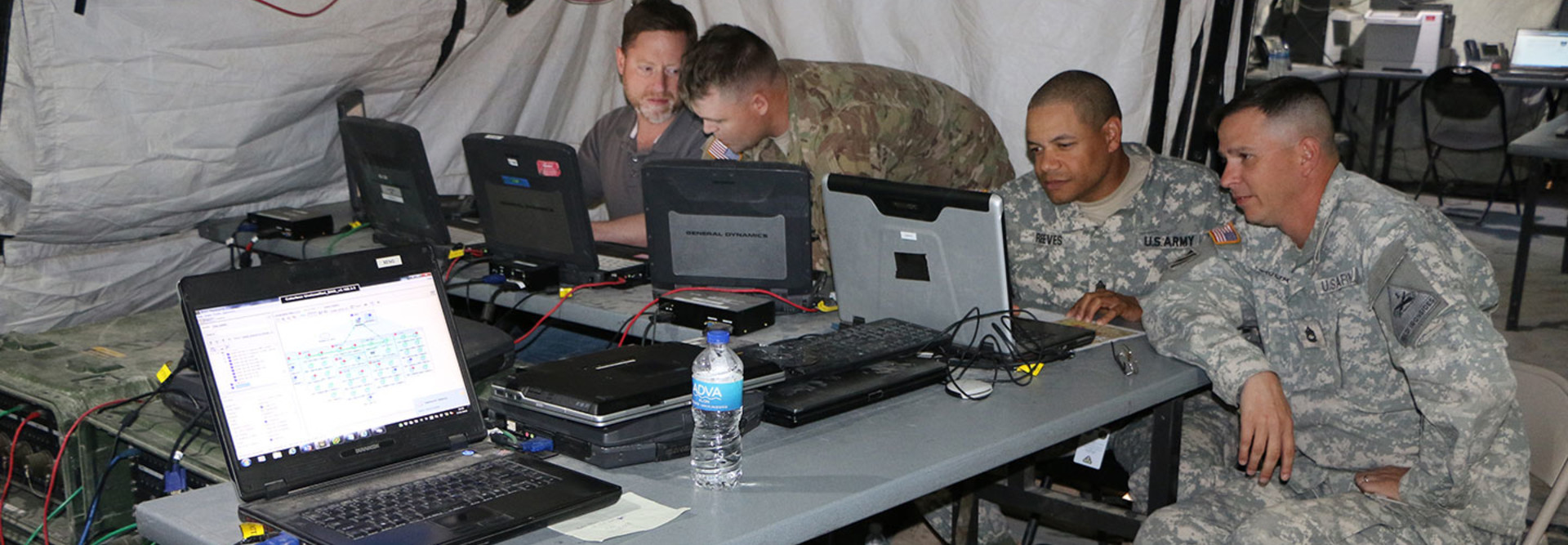

One of its most important legacies was the reordering of the map of Africa roughly as it is today. The First World War represented a turning-point in African history, not as dramatic as the Second World War, but nevertheless important in many areas.

IITE - Institute for Information Technologies in Education.IICBA - International Institute for Capacity-Building in Africa.IBE - International Bureau of Education.ICTP - International Centre for Theoretical Physics.IIEP - International Institute for Educational Planning.UNEVOC - International Centre for Technical and Vocational Education and Training.


Education for Sustainable Development Network.International Coalition of Inclusive and Sustainable Cities – ICCAR.Intergovernmental Oceanographic Commission.Advancing the 2030 Sustainable Development Agenda.The civ-mil divide can leave veterans feeling isolated and misunderstood, and civilians feeling powerless to criticize. Since 9/11, only 1% of Americans have served in the military. When the US military relied on the draft, almost everyone at home knew someone at the front during times of war. "Home" and "Front" haven't always been so separate. Surprisingly few civilians can claim to have a close friend who has served. It's more than just a language and experience gap between veterans and civilians, it's a separation of social circles. If you've served in the military or know someone who has, you've probably heard of the civilian-military ("civ-mil") divide. In seven episodes, Rough Translation enlists NPR veterans correspondent Quil Lawrence to help us decode the cultural and communication gap between those who have served in the military and those who have not. This episode kicks off a new season from Rough Translation called Home/Front.


 0 kommentar(er)
0 kommentar(er)
